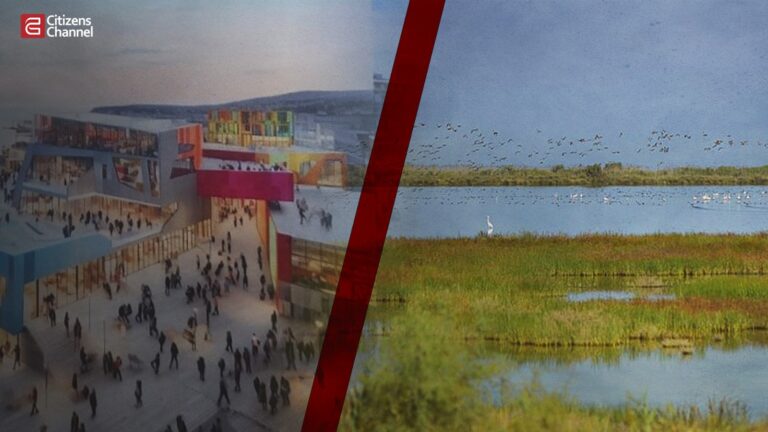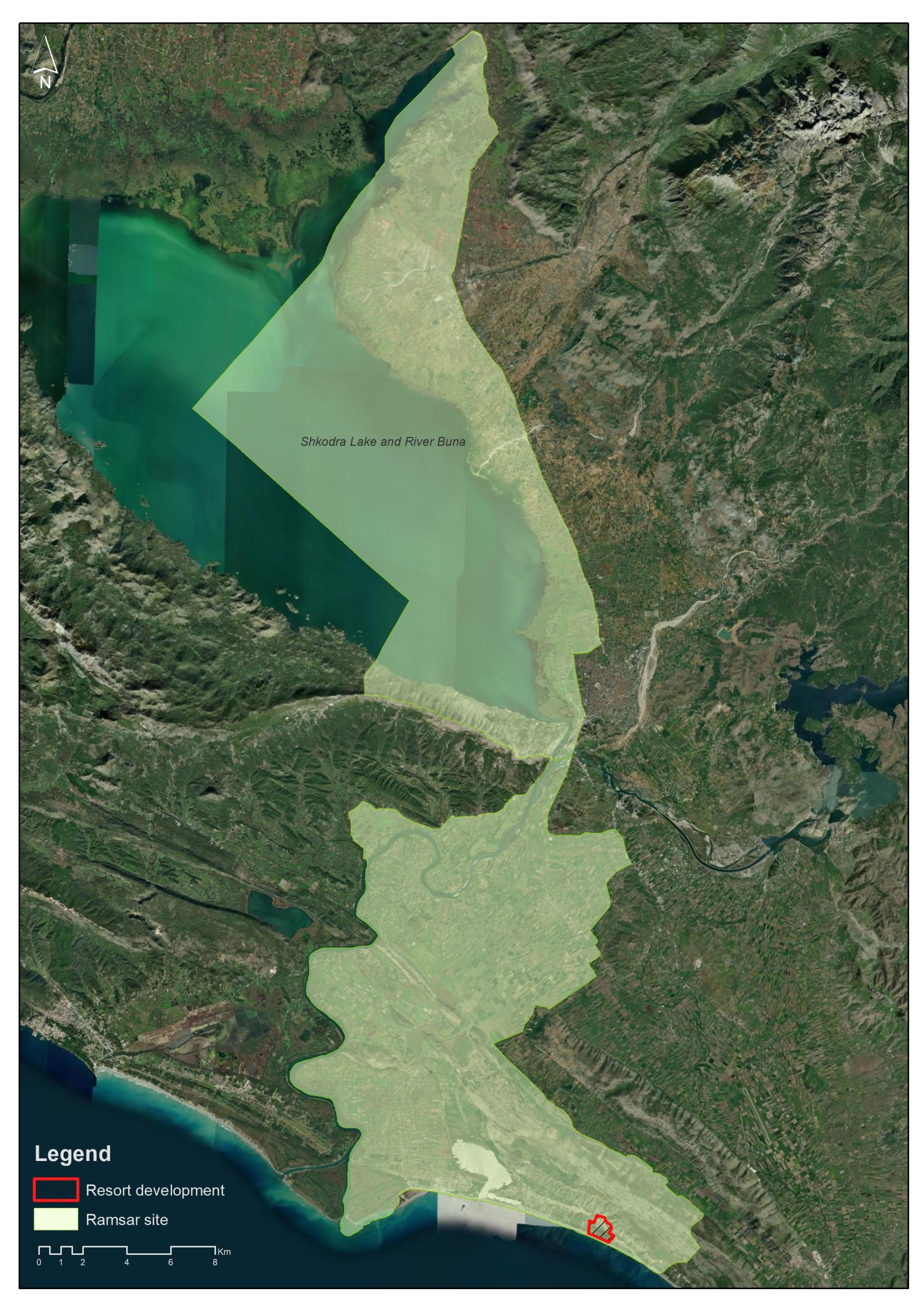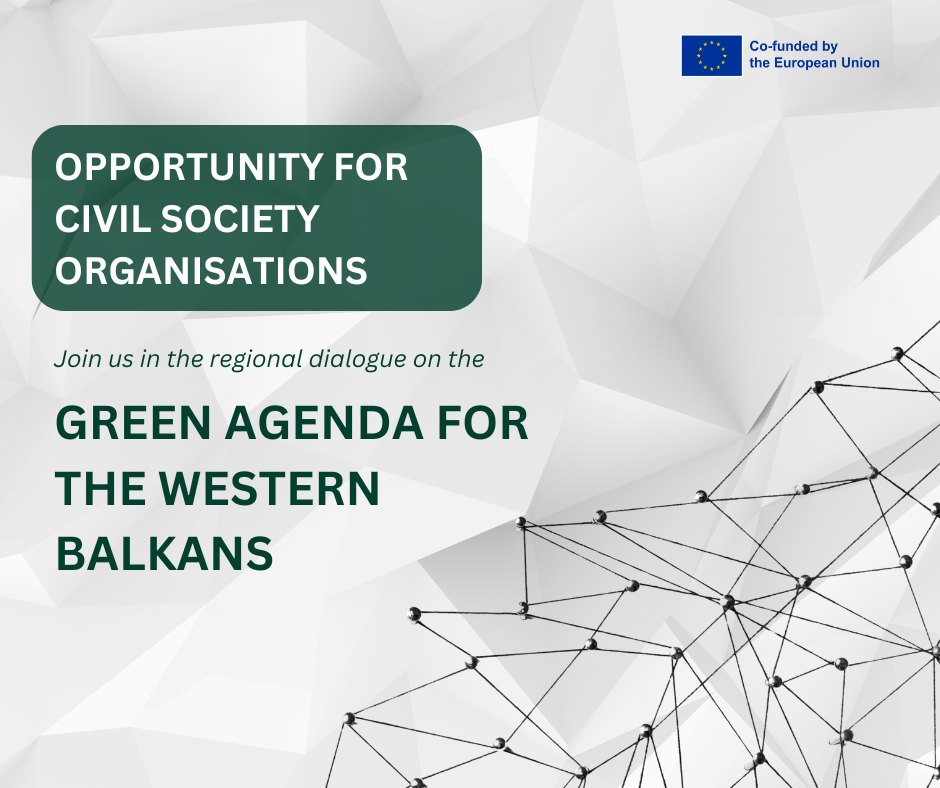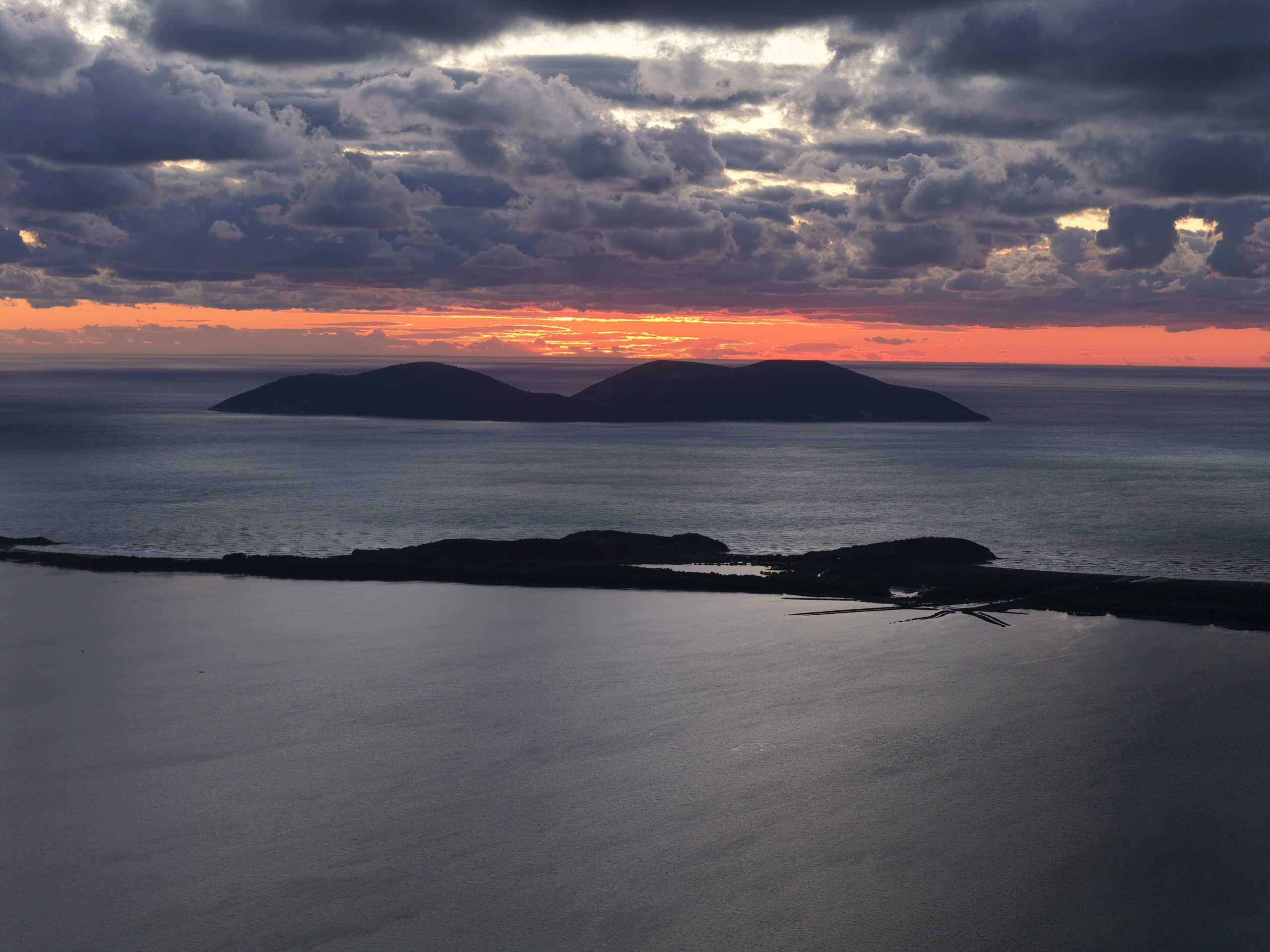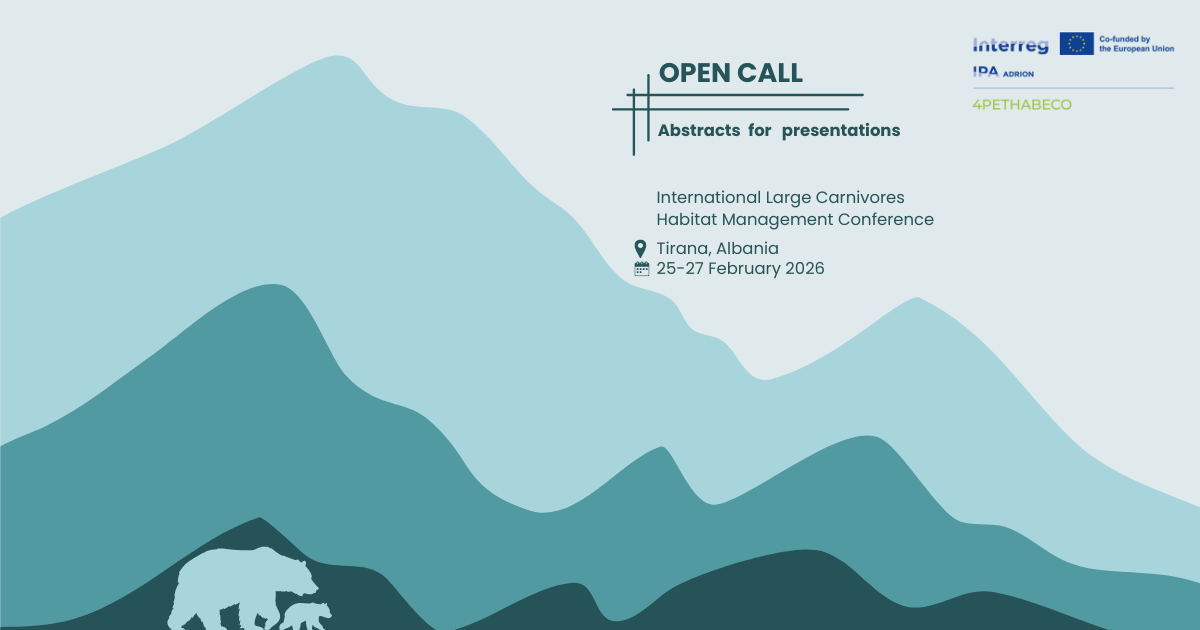A development project has emerged within the protected area of Divjakë-Karavasta National Park. Named Kingcoast Divjaka, the document articulates its aim to metamorphose this concealed European gem into an enchanting holiday destination unparalleled in the region. Notably, it encompasses not only a section but the entirety of the park, extending from the Myzeqe emissary in the south to the vicinity of the Shkumbin estuary in the north.
The project promotes development in the core area which is under strict protection and anticipates extensive interventions, particularly amidst proposed legal changes that could weaken the overall protection of National Parks. These changes facilitate the project’s implementation.
The images provided depict a document spanning roughly 200 pages, revealing plans for the displacement of pine trees to make way for construction, asphalt roads, and artificial greenery. The picturesque Mediterranean pine landscape will be replaced by level platforms where grass will be “planted” from seeds cultivated in laboratories. From the materials provided, it is evident that the proposed intervention will be extensive, not only affecting the size but also fundamentally altering the character of the area. This development is not solely focused on establishing a tourist resort, which would be confined to a portion of the park; rather, it entails a broader and more intricate scheme that could potentially involve the urban center of Divjaka city.
Prime Minister’s recent visit to the municipality of Divjaka last month might have escaped the notice of many. This could be attributed to the lack of the flamboyant style characteristic of his public gatherings over the years. During his visit, Rama expressed a keen interest in advancing tourism and called for a more comprehensive development plan for Divjaka. He proposed the involvement of the government, the Albanian Development Fund (FShZh), businesses, and other potential donors in what he termed an integrated model, one that could serve as a blueprint for other municipalities as well.
The eagerness for intervention and the proposal of the project in question coincide with a time when a dozen members of the Albanian Parliament have proposed amendments to the law “On protected areas.” These proposed changes entail the removal of zoning, which would consequently reduce the protection and facilitation of the project’s implementation.
Meanwhile, the Ministry of Tourism and Environment similarly demonstrates an eager stance toward interventions within protected areas, despite its responsibility to balance the promotion of tourism with the preservation of the ecological integrity of these areas. Kumbaro is publicly promoting the construction of the Vlora airport within the Pishë-Poro-Nartë Protected Landscape, despite the Bern Convention’s call for a halt to the construction work. Notably, Kumbaro persistently reaffirmed this stance merely two days after the formal request for suspension of works addressed to the Albanian government through its representative at the Council of Europe.
During the propaganda campaign aimed at designating the Vjosa River as a National Park, Edi Rama sought to intimidate representatives of civil society organizations by disparaging their efforts to protect nature as troublesome. He employed a similar tactic when addressing international officials in a public forum, adopting a confrontational tone reminiscent of organized crime, asserting, “Respect us if you want us to respect you!”
“This isn’t just a project; it’s a destination,” asserts Cevdet Caner in the 200-page document outlining the vision of the “Kingcoast Divjaka” project. The full extent of Cevdet Caner’s involvement in this project remains undisclosed. Caner, a real estate tycoon, operates within a complex landscape, shrouded in considerable controversy. As an Austrian investor and scion of a Turkish immigrant family, he commands influence within affluent banking spheres and retains multiple legal representatives. European media portray him as a businessman possessing remarkable skills in the real estate sector, serving as a crucial advisor to numerous multinational corporations. He is the director and main shareholder of “Aggregate Holdings”, whose projects carry significant strategic weight, estimated at around €10 billion in the sales market as of 2022.
Recently, “Viceroy Research,” a financial research company, published documents identifying Cevdet Caner as the covert leader of a kleptocratic clan exerting influence over the real estate market in Germany. His visit to Albania last summer coincided with the period when discussions regarding altering the law on protected areas were gaining traction in administrative circles. The preparation of “Kingcoast Divjaka” concluded several months later and was submitted in October; nevertheless, the identities of the clients remain undisclosed.
In the meantime, the project has been developed by “NIU Invest,” a recently formed German-British company. Details regarding the extent of “NIU Invest’s” involvement in this project are currently unavailable. At present, there is no confirmation that representatives of the company have visited the park’s territory.
Based on the limited data available, the graphic renderings skillfully portray the anticipated on-site ramifications of the project’s execution. The constructions will be positioned near the shoreline, adjacent to the sand, indicating a significant alteration of the landscape towards a dense urban structure. The interior designs exude luxury and opulence, hinting at their probable high-end market positioning. Undoubtedly, the incorporation of green elements is likely to enhance their appeal in the market.
Difficulties are on the horizon. The government possesses prior experience with the “Divjaka Resort Tourist Development,” a project resembling the current endeavor proposed by the “MABETEX Group” several years ago. However, this previous project was abandoned before commencement due to the opposition of a relatively large group of environmental activists. Yet this time, the government is prepared to safeguard the intervention within the park, having already commenced actions without public disclosure.
Accompanied by Erjon Braçe, a deputy known for supporting any project proposed within the National Park, the Prime Minister visited the municipality of Divjaka. During the visit, the Prime Minister urged Divjaka to serve as a model for other municipalities. In this context, the project is not presented as an isolated proposal vulnerable to criticism, driven by the interests of a local or foreign shareholder group, as has occurred in the past. Instead, it is portrayed as a beacon of hope for the future and propagated as an extraordinary development mechanism aimed at not only revitalizing hope but also bringing back Albanians who have emigrated. “The Return of the Albanians” serves as the primary rationale adopted by the Albanian Parliament to justify changes in the law on protected areas.
Truly, discerning between those who advocate for nature and those who oppose it has become increasingly challenging. The ongoing scenario has been further infused with green messaging through another propaganda campaign: 2024, dubbed The Year of Forests. The so-called volunteer forces, essentially comprising organized militants, have effectively manipulated the annual global environmental calendar, integrating it into the broader scheme of green indoctrination orchestrated by structures within the socialist party.
Arben Pëllumbi, the chairman of the Committee of Production Activities, Trade, and Environment, in the Parliament of Albania, is concluding the discussion of the amendments on the amendments to the law on protected areas, mere hours before they are scheduled for voting during the plenary session. Given the absence of opposition in the Assembly, the changes are anticipated to be endorsed by a majority vote from a single party.
On the subsequent day, projects akin to “Kingcoast Divjaka” will be numerous in Albania. Nevertheless, the prospects for population resurgence will remain dim. It’s essential to recognize that projects aimed at significant transformations, particularly within national parks, inevitably result in two outcomes: the degradation of the parks and the enrichment of only a handful of individuals, whose assets and lives remain shielded thousands of kilometers away from the havoc wrought by these changes.
Artan Rama – Citizens Channel
